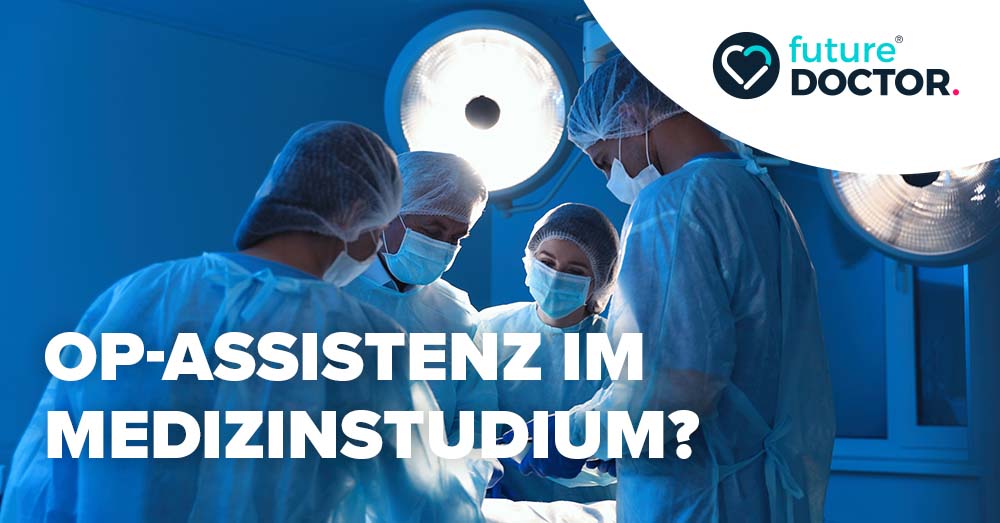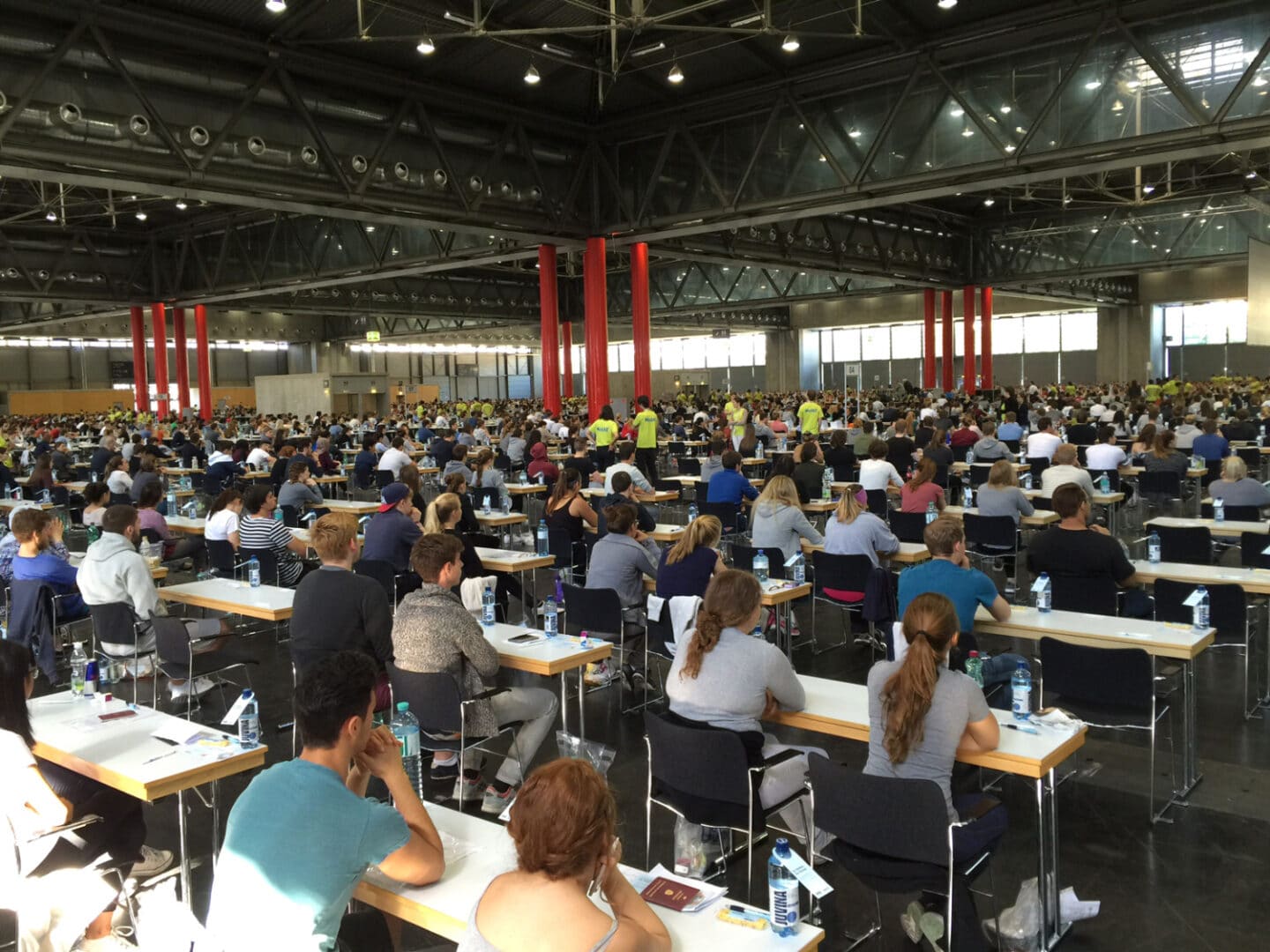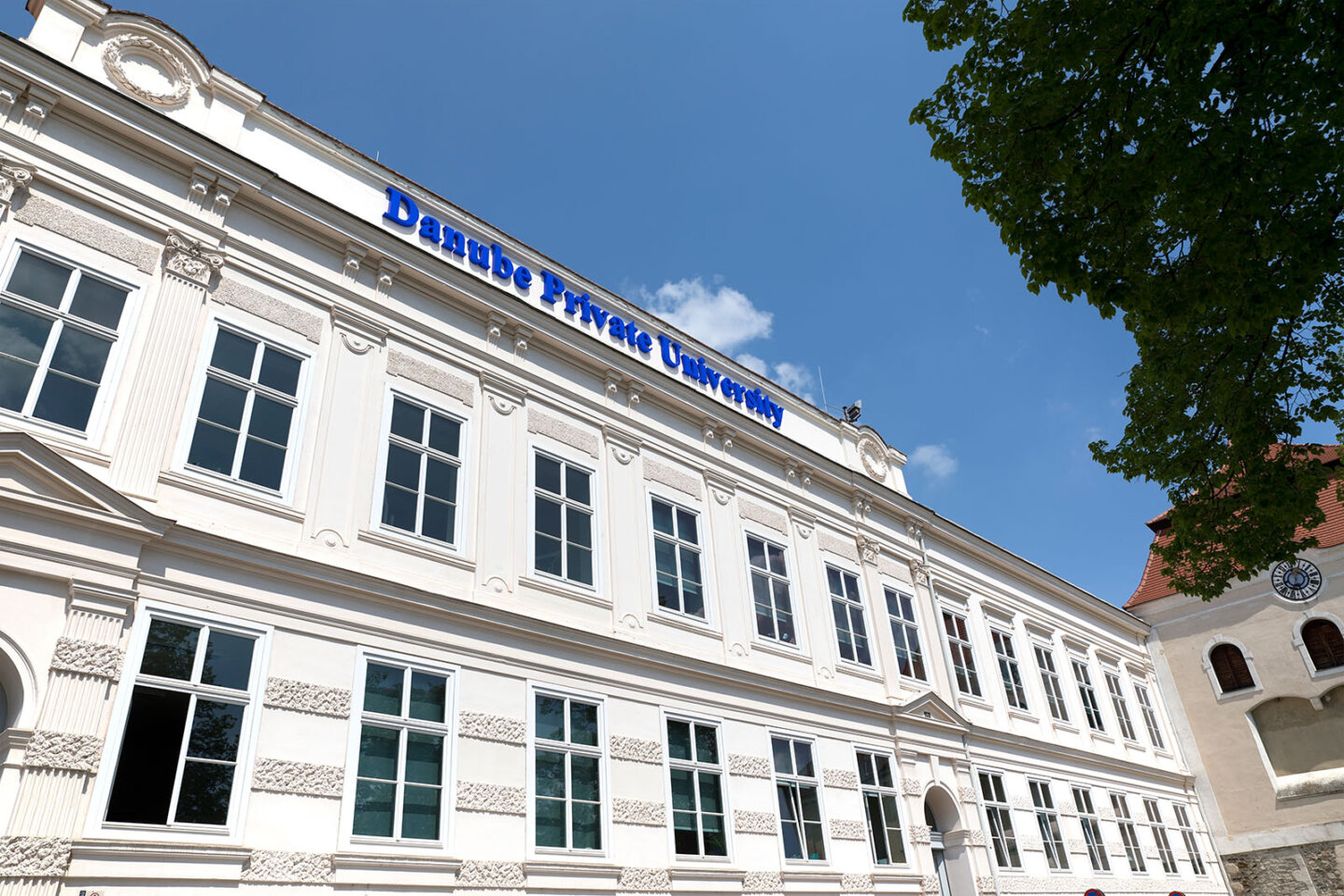
📖 Table of contents
The first steps in the operating theatre
Assisting in the operating theatre (operating theatre) is a fascinating and coveted experience for many medical students. During the six-year medical degree programme, students have to complete various internships and clinical placements. These practical units serve to provide an insight into the diverse tasks and associated responsibilities of a doctor. The aim is for students to be ready to take on this responsibility at the end of their studies. The impressions and knowledge gained are invaluable, especially the experience gained in the operating theatre.
The first steps in the surgical world
At the beginning of their training, medical students primarily take on an observational role during operations. They are shown and explained many things, such as the necessary behaviour in the operating theatre, the applicable hygiene regulations and the general course of an operation. It is important to mention that it is not uncommon for students to feel uncomfortable during their first live operations. This is a natural reaction to new and intense experiences, but this phase is usually quickly overcome.
From observation to assistance
After the students have observed a few operations, they know how to behave and are finally given the opportunity to become active themselves. They are officially listed as assistants in the surgical team. The tasks assigned to them in this role include holding up wounds with surgical instruments to give the operating doctor a better view and therefore better working conditions, as well as suctioning out leaking blood. Generally speaking, the purpose of the assistant is to relieve the surgeon of minor but important tasks so that they can concentrate fully on the success of the operation.
A particularly valued task is suturing wounds, a skill that is already taught at university and should not usually cause any difficulties.
Personal experiences and growth during your studies
My first time assisting in an operating theatre was a very formative experience. I was very nervous at first, but over time I gained confidence. My tasks included holding the wound open, suctioning and, in the case of an orthopaedic operation, inserting screws. Finally, I was allowed to stitch up the wound, a moment I am particularly proud of.
During the course of your studies, it becomes routine to be assigned as an assistant, especially in the final years before the state examinations. Practical work in the clinic is essential preparation for these examinations and an indispensable part of medical training.





